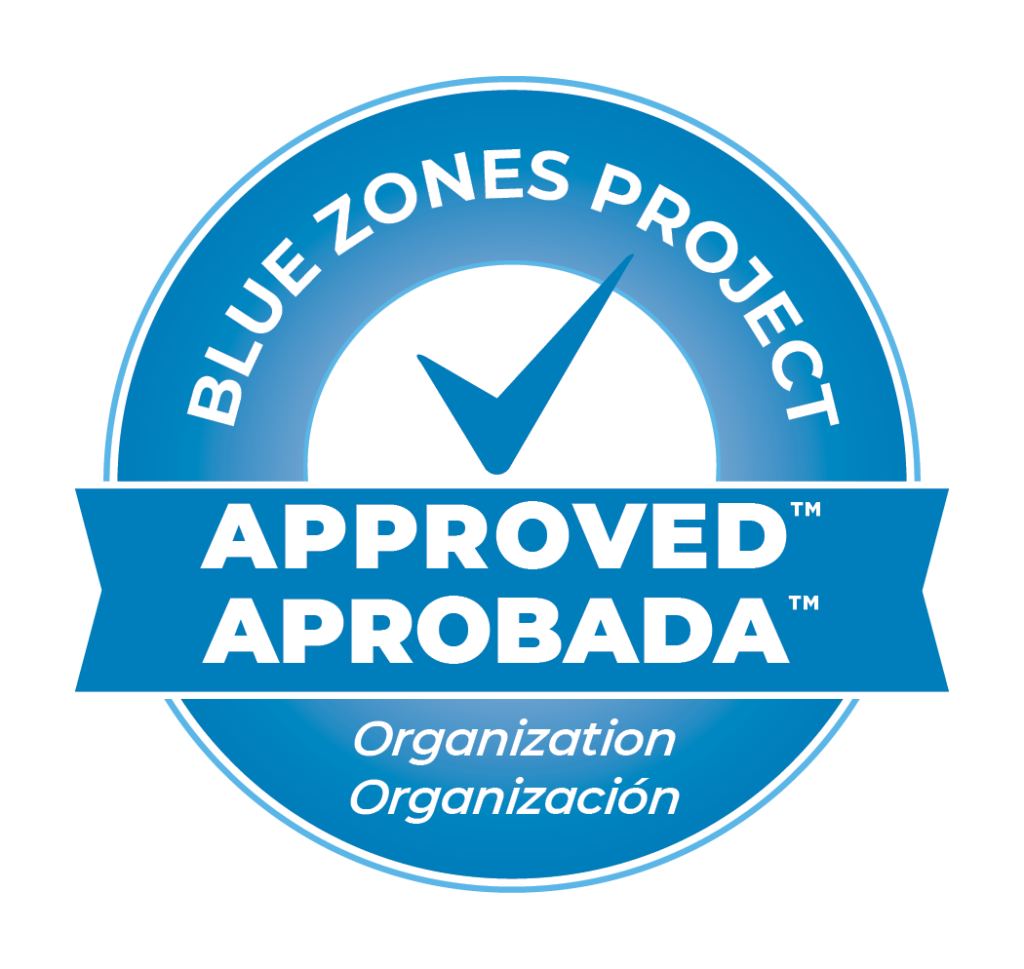[vc_row type=”in_container” full_screen_row_position=”middle” scene_position=”center” text_color=”dark” text_align=”left” overlay_strength=”0.3″ shape_divider_position=”bottom”][vc_column column_padding=”no-extra-padding” column_padding_position=”all” background_color_opacity=”1″ background_hover_color_opacity=”1″ column_shadow=”none” column_border_radius=”none” width=”1/1″ tablet_text_alignment=”default” phone_text_alignment=”default” column_border_width=”none” column_border_style=”solid”][image_with_animation image_url=”11398″ alignment=”center” animation=”Fade In” img_link_target=”_blank” border_radius=”none” box_shadow=”none” max_width=”100%” img_link=”www.curestigma.org”][/vc_column][/vc_row][vc_row type=”in_container” full_screen_row_position=”middle” scene_position=”center” text_color=”dark” text_align=”left” overlay_strength=”0.3″ shape_divider_position=”bottom”][vc_column column_padding=”no-extra-padding” column_padding_position=”all” background_color_opacity=”1″ background_hover_color_opacity=”1″ column_shadow=”none” column_border_radius=”none” width=”1/1″ tablet_text_alignment=”default” phone_text_alignment=”default” column_border_width=”none” column_border_style=”solid”][vc_column_text]
- Barriers to access to treatment
- Language barriers
- Lack of cultural competence
- Racism, bias and discrimination in treatment settings
- Lower-quality care
- Lower likelihood of health insurance or adequate coverage
- The high level of mental health stigma in minority populations
- Belief that treatment will not help
These are all in addition to the usual roadblocks.
“Many cultures also view mental health treatment as a luxury, considering symptoms a ‘phase’ that will eventually pass,” writes Laura Greenstein, communications coordinator at National Alliance on Mental Illness (NAMI). “These harmful perceptions of mental illness can further isolate individuals who desperately need help.
“We can all help ignite change against these disparities and fight stigma this Minority Mental Health Awareness Month,” she adds. “It simply starts with learning more about mental health and informing your community.”
Some of the ways an individual can get involved and help change the system according to Greenstein include:
Consider Giving A Presentation
The more we talk about mental illness, the more normalized it will become.
Emphasize Treatment
Make sure to stress the importance of a culturally competent provider. These mental health professionals, such as the services offered by Interim, integrate your beliefs and values into treatment.
Share Your Story
When a person experiences symptoms of mental illness, one of the most helpful and comforting feelings is knowing that they’re not alone. It can be incredibly reassuring to know in this moment right now, someone else is going through similar struggles as you are—regardless of where they are, who they are, or how they identify.
Minority Mental Health Awareness Month is an opportunity to raise awareness and stop stigma in diverse communities. It’s time to improve the harsh realities minority communities face when it comes to mental illness treatment. In fact, it’s long overdue.
The namesake of the month, Campbell, was an author, advocate, co-founder of NAMI Urban Los Angeles and national spokesperson, who passed away in November 2006.
Source: National Alliance on Mental Illness[/vc_column_text][/vc_column][/vc_row][vc_row type=”in_container” full_screen_row_position=”middle” scene_position=”center” text_color=”dark” text_align=”left” overlay_strength=”0.3″ shape_divider_position=”bottom”][vc_column column_padding=”no-extra-padding” column_padding_position=”all” background_color_opacity=”1″ background_hover_color_opacity=”1″ column_shadow=”none” column_border_radius=”none” width=”1/4″ tablet_text_alignment=”default” phone_text_alignment=”default” column_border_width=”none” column_border_style=”solid”][image_with_animation image_url=”11392″ alignment=”” animation=”Fade In” border_radius=”none” box_shadow=”none” max_width=”100%”][vc_column_text]Bebe Moore Campbell[/vc_column_text][/vc_column][vc_column column_padding=”no-extra-padding” column_padding_position=”all” background_color_opacity=”1″ background_hover_color_opacity=”1″ column_shadow=”none” column_border_radius=”none” width=”3/4″ tablet_text_alignment=”default” phone_text_alignment=”default” column_border_width=”none” column_border_style=”solid”][vc_column_text]She received NAMI’s 2003 Outstanding Media Award for Literature. Campbell advocated for mental health education and support among individuals of diverse communities.
In 2005, inspired by Campbell’s charge to end stigma and provide mental health information, longtime friend Linda Wharton-Boyd suggested dedicating a month to the effort.[/vc_column_text][/vc_column][/vc_row][vc_row type=”in_container” full_screen_row_position=”middle” scene_position=”center” text_color=”dark” text_align=”left” overlay_strength=”0.3″ shape_divider_position=”bottom”][vc_column column_padding=”no-extra-padding” column_padding_position=”all” background_color_opacity=”1″ background_hover_color_opacity=”1″ column_shadow=”none” column_border_radius=”none” width=”1/1″ tablet_text_alignment=”default” phone_text_alignment=”default” column_border_width=”none” column_border_style=”solid”][vc_column_text]The duo got to work, outlining the concept of National Minority Mental Health Awareness Month and what it would entail. With the support of the D.C. Department of Mental Health and then-mayor Anthony Williams, they held a news conference in Southeast D.C., where they encouraged residents to get mental health checkups.
Support continued to build as Campbell and Wharton-Boyd held book signings, spoke in churches and created a National Minority Mental Health Taskforce of friends and allies. However, the effort came to a halt when Campbell became too ill to continue.
When Campbell lost her battle to cancer, Wharton-Boyd, friends, family and allied advocates reignited their cause, inspired by the passion of the life of an extraordinary woman.
The group researched and obtained the support of Representatives Albert Wynn (D-Maryland) and Diane Watson (D-California), who co-signed legislation to create an official minority mental health awareness month.[/vc_column_text][/vc_column][/vc_row]




